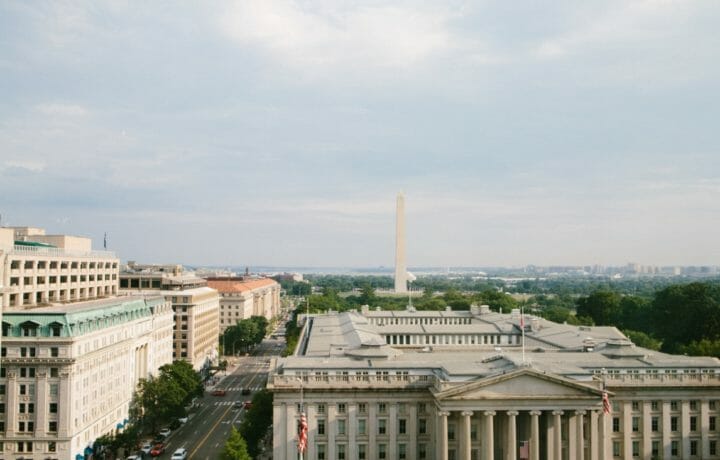Spy or whistleblower? What’s the difference? Those are questions on the minds of many people working in government agencies, and most specifically those with security clearances.
As the lines blur for many Americans on what criteria defines a spy or a government whistleblower, the Department of Defense (DoD) has instituted a “zero-tolerance” policy that recommends security officers issue reprimands, to include revoking security clearances, if severe security infractions or breaches are discovered. Government security policies are increasingly focused on preventing leaks, even as efforts continue to protect whistleblowers.
In light of the recent events concerning a government contractor who allegedly divulged sensitive and potentially damaging national security-level classified information to various sources in the press and foreign governments, there will undoubtedly be broad increases in reporting standards and scrutiny for all those seeking or currently holding security clearances.
Concerns have been voiced by some individuals in government that the current atmosphere, and resulting directives, may directly impact their agencies in negative ways. For example, if an employee complained or reported a supervisor for fraud, waste or abuse, they in turn could fear retaliatory reporting of a bogus or exaggerated security breach.
The President strongly defended the criminal investigation of leaks in a speech he made on May 16th. He stated, “Leaks related to national security can put people at risk.” He went on to say, “They can put men and women in uniform that I’ve sent into the battlefield at risk. They can put some of our intelligence officers, who are in various dangerous situations that are easily compromised at risk… So I make no apologies, and I don’t think the American people would expect me as commander in chief not to be concerned about information that might compromise their missions or might get them killed.”
A recent article by McClatchy detailed the efforts of several federal agencies and steps being taken to ensure they are in compliance with recent guidance and strong warnings regarding leaks of classified information. Increased scrutiny and the fear of being targeted by unfounded suspicions, has some individuals in the industry concerned. Loss of a security clearance is a “career killing” event.
Additionally, the definition and criteria of what constitutes whistle-blowing and spying must be clearly established in light of a reported unprecedented number of security leaks; and the recent attempts by the administration to tighten restrictions on journalists’ access to certain information within federal agencies. This has raised some concerns about freedom of information and the suppression of unclassified and potentially important public information which has some in the government fearing prosecution or scrutiny.




